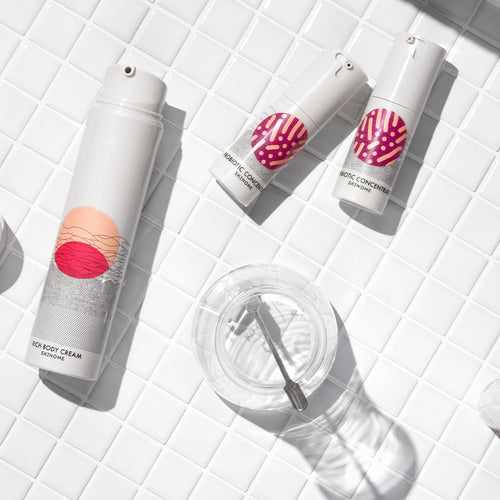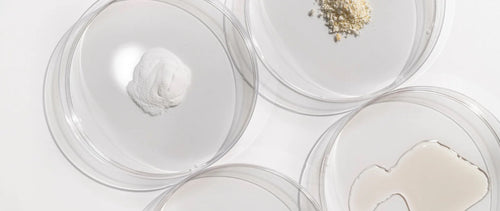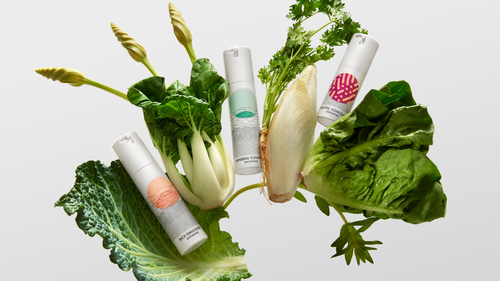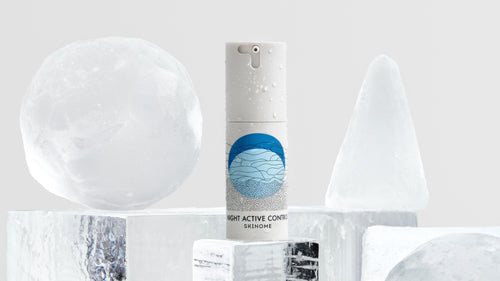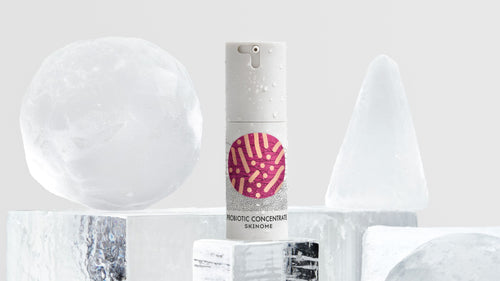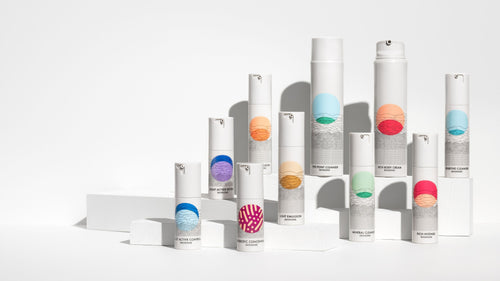It is estimated that 25 percent of the sunscreen we apply to the body ends up in the water. A number of scientific publications have attempted to map the effects of various UV filters on the environment where certain chemicals - including Benzophenone-3, Ethylhexyl Methoxycinnamate, Octocrylene, Ethylhexyl Salicylate, Butyl Methoxydibenzoylmethane and Homosalate - have been identified as particularly dangerous to ecosystems. These cause i.a. that corals become more susceptible to bleaching, that they deform and that their resistance to climate change deteriorates.


The US Virgin Islands recently enacted a ban on the import, sale and possession of sunscreens containing the active ingredients Benzophenone-3, Ethylhexyl Methoxycinnamate and Octocrylene. Hawaii and Key West in Florida are also poised to ban the use of Benzophenone-3 and Ethylhexyl Methoxycinnamate in sunscreens. In the rest of the US, however, both filters are still allowed (Benofenone-3 at a maximum level of 6 percent, the same as in the EU). Within the EU, the use of UV filters has so far not been restricted due to their negative environmental impact .
The more skin-friendly mineral filters, titanium dioxide and zinc oxide, have also been shown to negatively affect aquatic organisms such as fish, algae and crustaceans, so using these alone is not preferable from an environmental perspective.
As I said, the situation is complex, but in order to be able to protect oneself sufficiently from the sun, our advice is to use a sunscreen that contains a combination of safe modern organic filters and mineral filters. But remember, don't rely entirely on sunscreen; Avoid the strongest sun during the day, wear protective clothing, a hat, sunglasses and take care of your skin.
